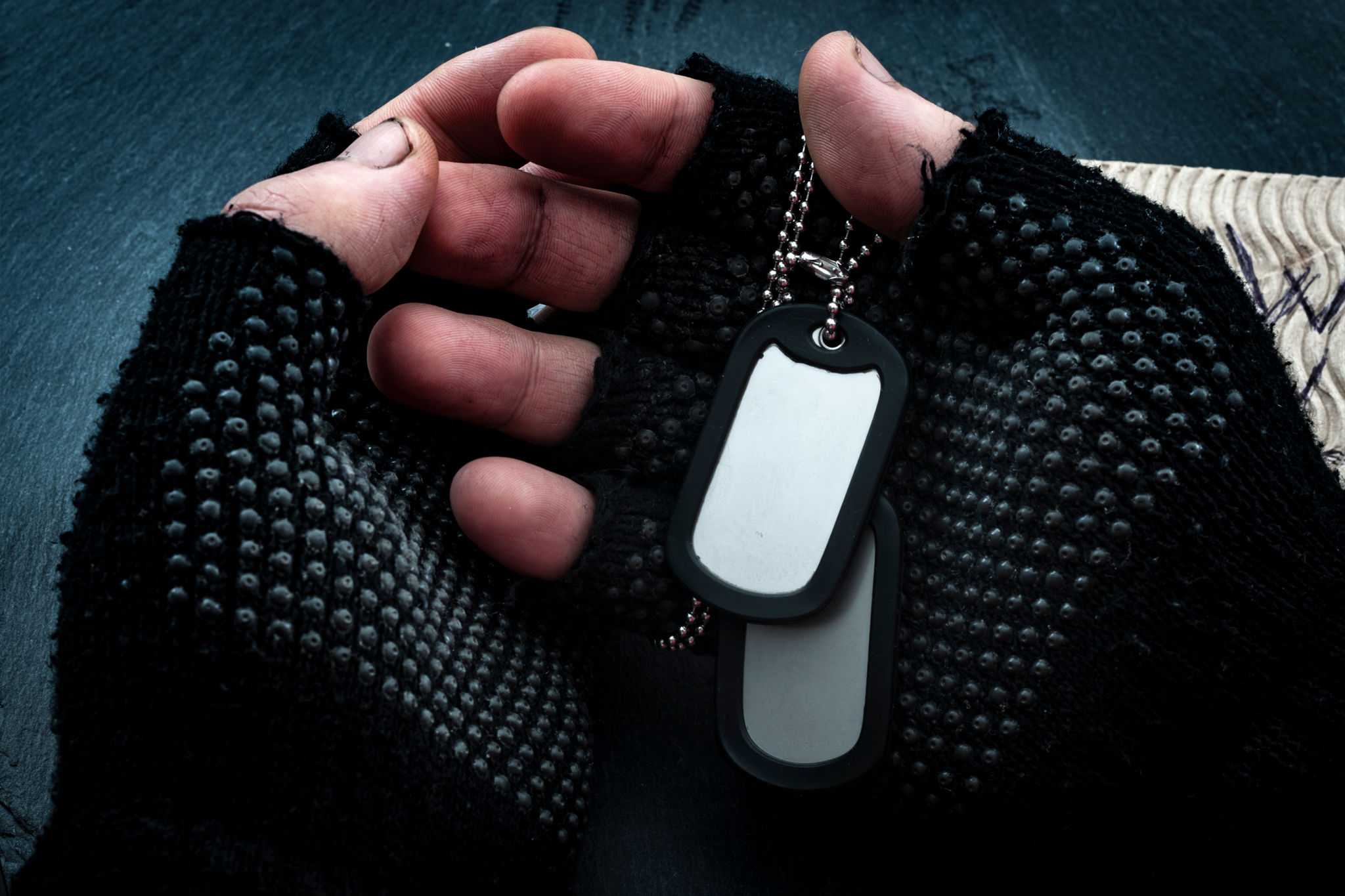Debunking Myths About Homeless Veterans and Housing Assistance
Understanding the Reality of Homeless Veterans
When it comes to homeless veterans, there are a plethora of myths and misconceptions that cloud public perception. It's important to separate fact from fiction to better understand the challenges faced by these individuals and the effectiveness of housing assistance programs. By debunking these myths, we can foster a more informed and compassionate approach to supporting veterans in need.

Myth: Most Homeless Veterans Choose to Be Homeless
A common misconception is that homeless veterans prefer to live on the streets. In reality, many factors contribute to veteran homelessness, including a lack of affordable housing, limited access to healthcare, and insufficient income. For many veterans, these challenges are compounded by mental health issues and substance abuse disorders, making it difficult for them to find stable housing without support.
Myth: Housing Assistance Is Readily Available and Easy to Obtain
Another pervasive myth is that housing assistance for veterans is abundant and easily accessible. While there are numerous programs designed to help, such as the Supportive Services for Veteran Families (SSVF) and the HUD-VASH program, navigating these systems can be complex and time-consuming. Veterans may face long waiting lists, strict eligibility criteria, and bureaucratic hurdles that make it challenging to secure the help they need.

Myth: Homeless Veterans Are All Older Individuals
There's a stereotype that all homeless veterans are elderly. However, veterans from recent conflicts in Iraq and Afghanistan represent a growing segment of the homeless population. These younger veterans often face unique challenges as they transition from military to civilian life, such as dealing with PTSD or finding employment in a competitive job market.
Myth: Homeless Veterans Are Unwilling to Work
Contrary to popular belief, many homeless veterans are eager to work and regain financial independence. However, they often encounter barriers such as gaps in employment history, lack of civilian job experience, or disabilities that make it difficult to secure stable employment. Employment assistance programs tailored for veterans can play a critical role in overcoming these obstacles.

The Importance of Supporting Housing Assistance Programs
Understanding the truth behind these myths highlights the importance of supporting effective housing assistance programs for veterans. These initiatives not only provide shelter but also offer comprehensive services that address mental health, employment, and education needs. By investing in these programs, we can help break the cycle of homelessness and empower veterans to rebuild their lives.
How You Can Help
If you're looking to make a difference, consider volunteering with organizations that support homeless veterans or advocating for policies that increase funding for housing assistance programs. Every effort counts in creating a more supportive environment for those who have served our country.
In summary, debunking these myths about homeless veterans is crucial for fostering understanding and compassion. By addressing misconceptions and supporting effective programs, we can work towards a future where no veteran is left without a home.
